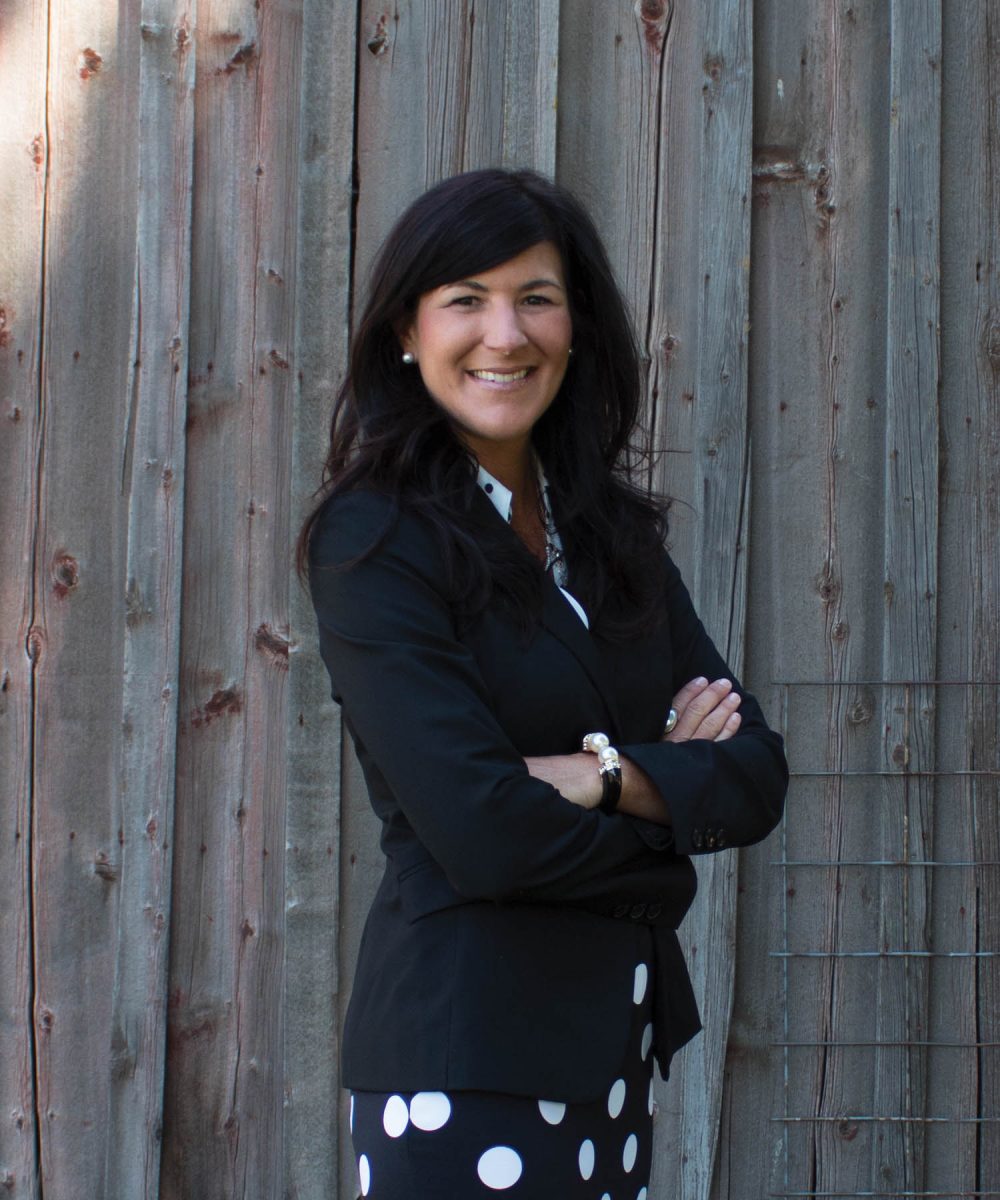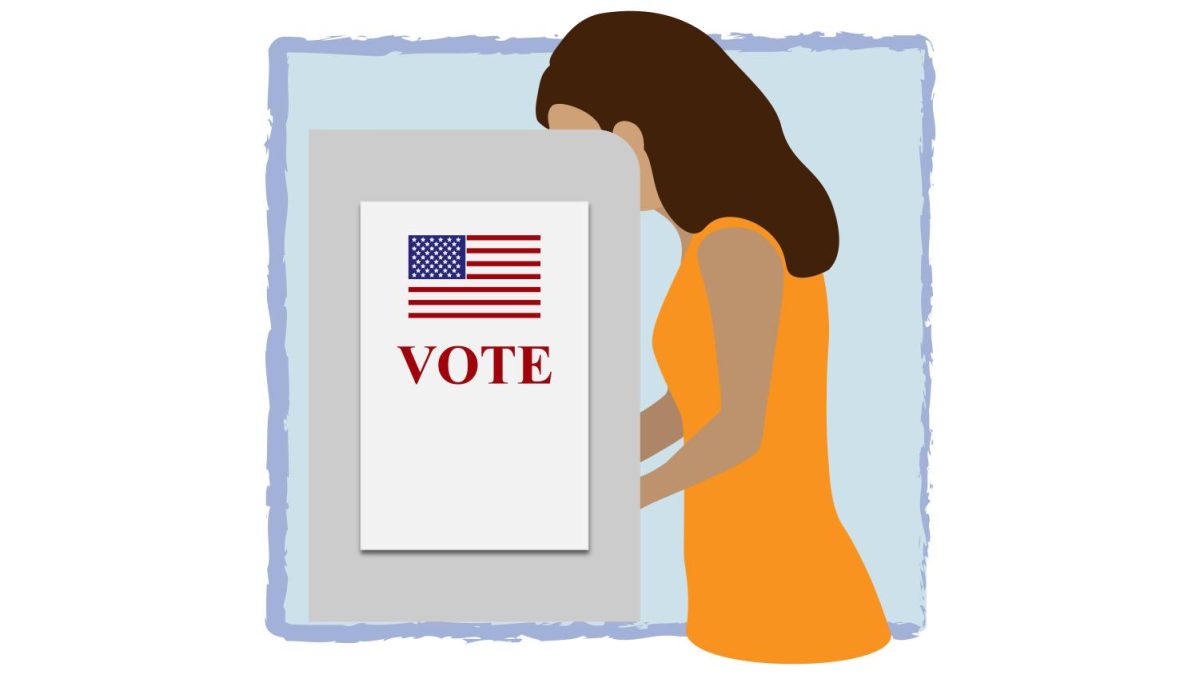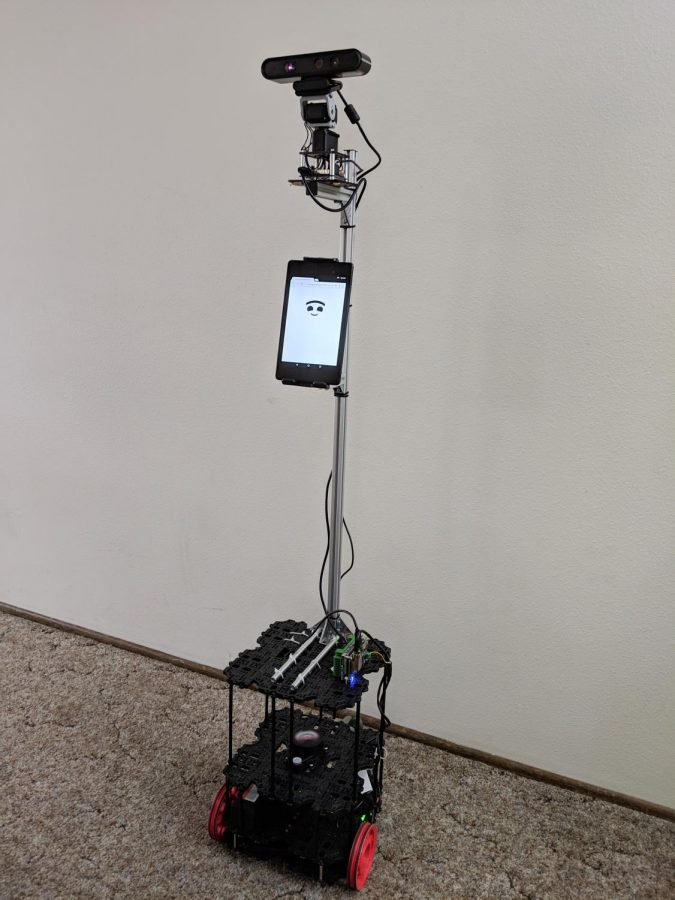WSU is beginning the semester with a new University Common Requirements director and a new course designation titled “Inquiry into Equity and Justice,” focusing on critically examining power dynamics and understanding structural inequities.
Incoming UCORE director Ashley Boyd said that the EQJS (Equity and Justice) designation will help students to think critically about issues that appear in the news and their world, helping them to understand different perspectives.
The College of Arts and Sciences, as well as the College of Veterinary Medicine, are the only two colleges so far that require students to fulfill the seventh UCORE requirement, Boyd said. Students are only required to complete this UCORE if they have a fall 2023 admission and beyond.
Currently WSU has about 21 courses under the new EQJS designation, but they are working on others, Boyd said. This new designation went into effect at the beginning of this semester, expanding the UCORE curriculum from six to seven designations.
“Criminal justice classes look at power and inequity in the justice system, but then there’s of course women’s gender and sexuality classes,” Boyd said. “Anything that is critical of power structures and looking at the ways that groups have been marginalized and uncovering those sorts of dynamics is what they’ll be focused on.”
Boyd began her position as UCORE director Sept. 1, and additionally, is an associate professor of English at WSU. With a background in social justice education, Boyd said that she works with teachers revolving around topics like racial literacy and inclusive equity.
“I have long professed that critical content can be in any discipline area,” Boyd said. “A lot of students already are critically oriented, but we’re giving them opportunities to practice those skills and then hopefully transfer them into the real world.”
In addition, Boyd also brings knowledge about information literacy in the wake of ChatGPT within classrooms to her new UCORE director position. Information literacy is one of seven WSU Undergraduate Learning Goals, and these goals overlap with the UCORE courses.
“One of my goals is to kind of reassess what we mean by information literacy in the era of ChatGPT, and how it might inform what’s happening in the UCORE classes,” Boyd said.
Many of these courses previously filled the diversity (DIVR) UCORE requirement, but now fall under the EQJS designation, Boyd said. One of the classes that used to fulfill a DIVR requirement, but is now under the EQJS designation is Introduction to Women’s, Gender and Sexuality Studies (WGSS 101).
Scholarly associate professor Marian Sciachitano teaches WGSS 101. When the class fell under the DIVR requirement, it was more broad and generalized, compared to the more critical and focused designation of EQJS.
“If you’re going to use an equity and justice framework, you have to also connect it to actual changing policies and changing institutions,” Sciachitano said. “We’re losing hope for equity, gender equity, gender justice, you know in a lot of different ways, so I wanted to be able to understand some of the differences … I do think that if it was just a diversity class, I wouldn’t have gone into talking about these differences.”
Boyd said that professors can apply for the new EQJS designation, or they can convert classes into the EQJS designation if they previously fell under the DIVR requirement.


















